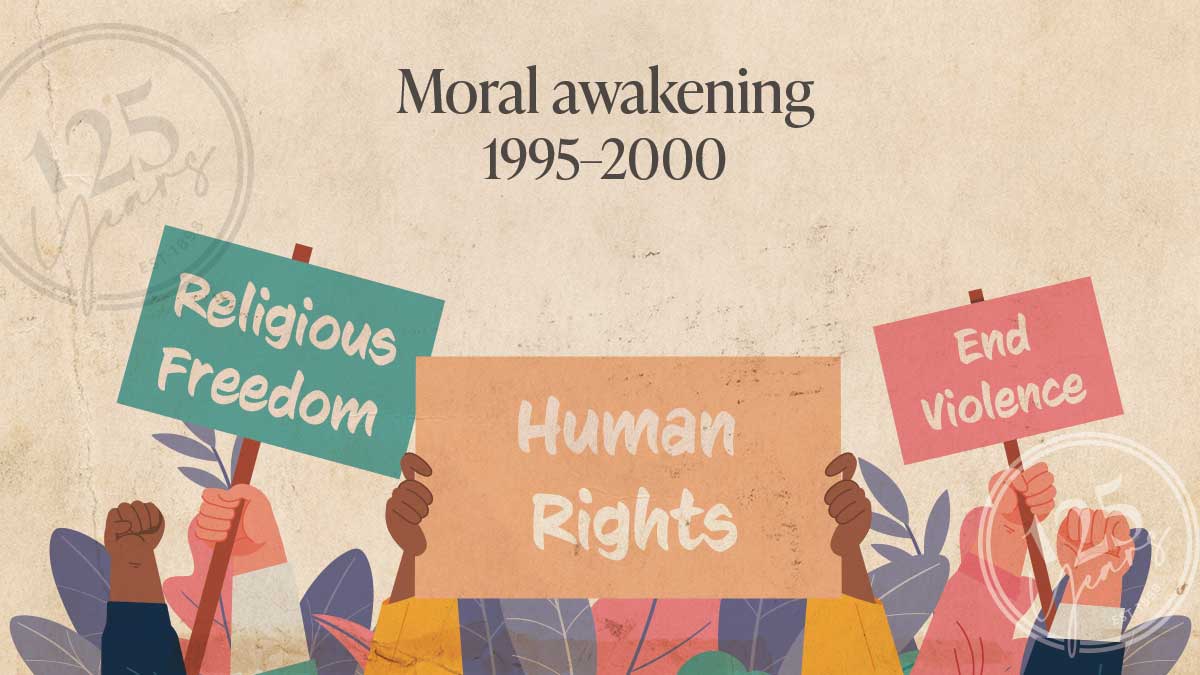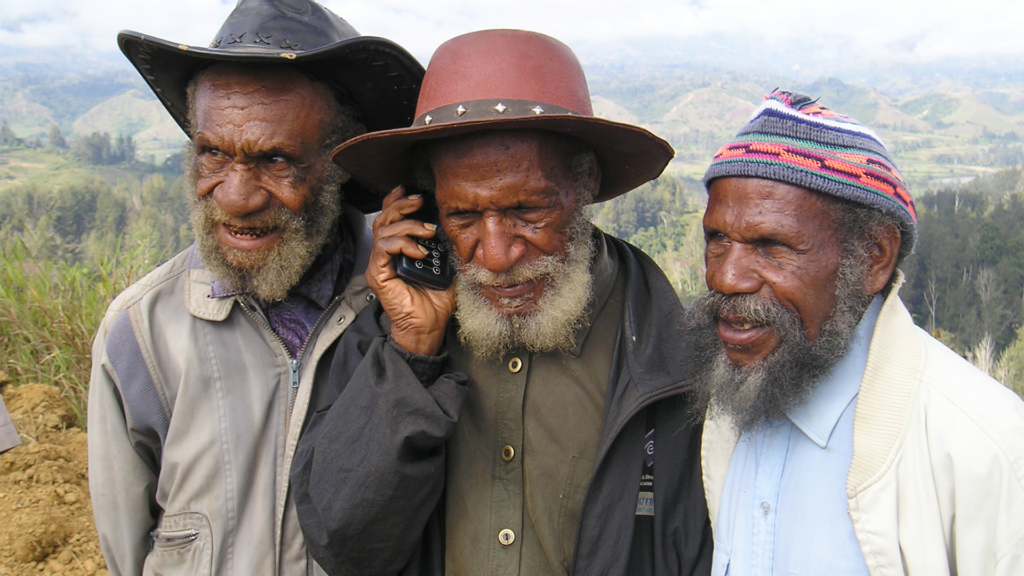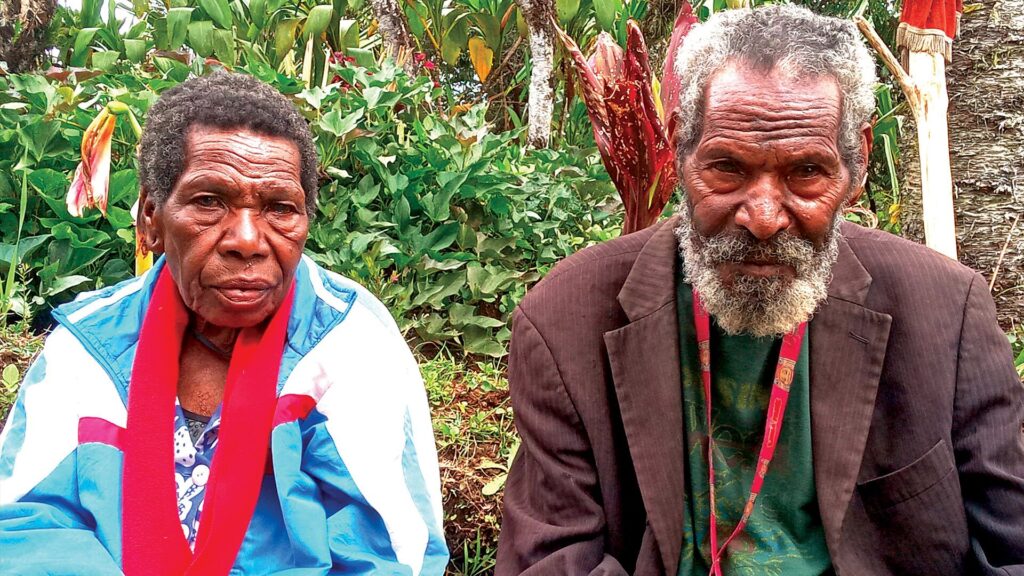Between 1995 and 2000, the Adventist Church worldwide was challenged in numerous ways surrounding its stance on moral issues, experiencing a reawakening and strengthening of moral integrity. The Church during these years placed a great emphasis on human rights, religious freedom and protection from domestic violence, with specific changes being made to promote these values.
Domestic Violence addressed
In 1998, new procedures for addressing complaints about sexual abuse and misconduct involving church members were introduced following revelations about the extent of violence within the Church (Record, December 19, 1998). Sexual abuse and family violence were found to be just as prevalent in Christian communities as in the general population, with children being found less likely to be protected in churches than almost any other group in society. Shockingly, experiences of child sexual abuse among Adventist students in the USA were found to be higher than in other Protestant or Catholic students, with molestation of girls reaching more than 17 per cent (Record, July 25, 1998).
In 1995, New Zealand released the “Hitting Home” report, which outlined the shocking fact that one in four New Zealand males believed it was okay to hit a woman in certain circumstances, while an Australian survey found that one in five men believed it was okay to hit a woman if she “deserved it” (Record, October 19, 1996). Dr Wyre, a former probation officer and abuse specialist, stated that the problem is often made worse within a church as “abusers often confuse their ‘position’ (under God’s grace) with their ‘condition’ (in which they are still in need of help). It’s amazing how people can distort their thinking and the Bible to justify abuse and incest” (Record, August 29, 1998).
These horrific findings greatly alarmed Adventist institutions and church bodies, sparking a movement for change. Dr Barry Oliver (SPD secretary) declared, “We’ve got to do more than talk. We can help ensure the Church’s safety through being intentional and finding educational means that instruct people about abusive behaviours—and how to deal with them.” The Adventist Church determined that its churches and institutions would be a safe place for the powerless, and swiftly introduced a diverse range of initiatives to help combat family violence and abuse, including education on the topic, the establishment of refuges, providing court support and the creation of Adventist Support (a precursor to Adsafe). Two women’s refuges were created, Sanctuary 7 and Ronita Cottage, with both sadly receiving more requests for accommodation than could be met. In its first two weeks of operation, Ronita Cottage was asked to accommodate 57 women and children (Record, October 19, 1996).
Also of note during this period:
Stolen Generations formal apology: On November 20, 1997, the Adventist Church made a formal apology for the Stolen Generations, offering those affected “moral, emotional and spiritual support”. The Church expressed “sincere concern, sympathy and deep regret” to Aboriginal and Torres Strait Islanders who were removed from their families and land (Record, February 21, 1998).
New Adventist prime minister:
Following political turmoil in Papua New Guinea, a new prime minister was appointed—John Giheno, a respected politician and Adventist. He was chosen by PNG’s coalition government to restore stability after a political crisis (Record, April 26, 1997).
GC President resignation:
Between 1998 and 1999, the General Conference president Robert Folkenberg was caught up in a lawsuit. It was claimed he, among others, had defrauded one Mr Moore of assets valuing $US8 million. The courts dismissed the claim with prejudice, preventing Mr Moore from filing another suit, and a settlement was reached between the parties outside of court (Record, April 10, 1999).
President Folkenberg had maintained a friendly pastoral and business relationship with Mr Moore for a number of years before it turned sour in 1996 when Mr Moore claimed financial loss. Upon looking into the matter, an ad hoc group gave its report to ADCOM, expressing concerns over inappropriate business associations and possible misuse of the presidential office by Pastor Folkenberg, yet they concluded that there had been no misuse of church funds (Record, February 13, 1999).
Pastor Folkenberg resigned from presidential office on February 8, 1999 (Record, February 27, 1999).






